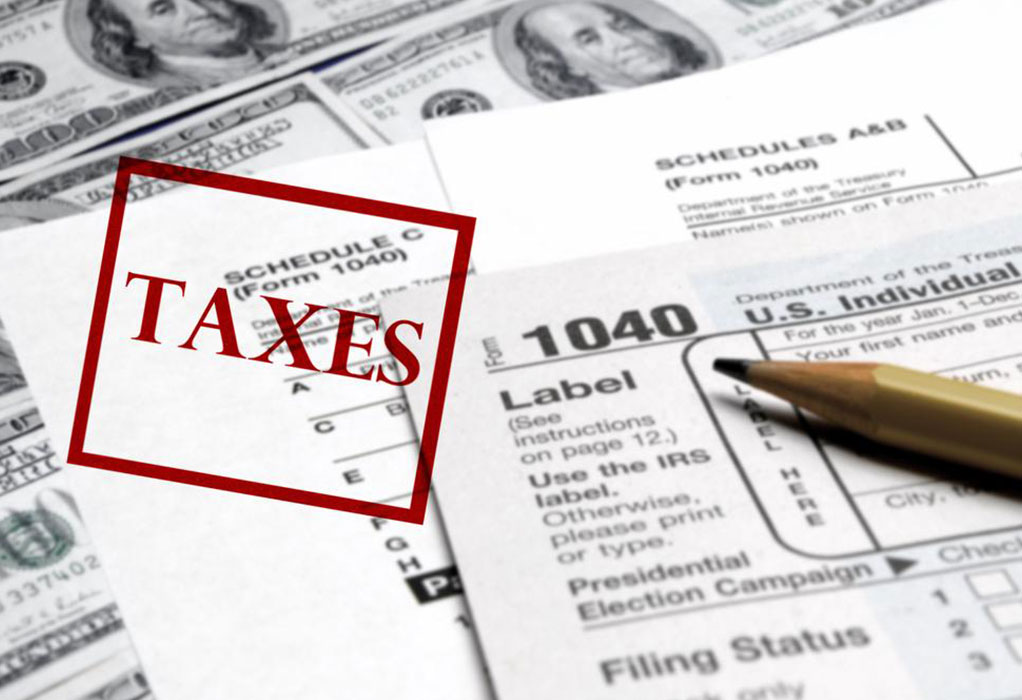Top 5 Tactics to Reduce Capital Gains Liabilities
Discover top strategies to reduce capital gains taxes effectively. Learn how long-term investment holding, exemptions, charitable donations, retirement accounts, and loss management can help lower your tax liabilities. These methods assist investors and homeowners in optimizing their financial outcomes and ensuring tax-efficient wealth management.
Sponsored

Understanding capital gains and their associated taxes is essential in finance and taxation. These gains represent the profit made from selling assets such as real estate, stocks, bonds, cryptocurrencies, vehicles, or valuable jewelry. The government taxes these profits, impacting decision-making for individuals and companies. This article outlines the types of capital gains and effective methods to minimize tax burdens.
What are capital gains?
Every sale of assets like property, investments, or valuable items results in profit, known as capital gains.
These profits are typically taxed by the federal government. It’s important to note that taxes are only due when the asset is sold, not for just holding it. Capital gains taxes are progressive; higher earnings lead to higher taxes. This system promotes fairness by taxing higher-income individuals more.
How do capital gains taxes function?
Tax rates depend on factors like total income, filing status, and how long the asset was held.
The tax rates for assets held over one year are generally 0%, 15%, or 20%, called long-term capital gains. The IRS indicates most taxpayers pay about 15% on long-term gains. Assets held under a year are taxed at higher rates, from 10% up to 37%, encouraging long-term investment and economic growth.
Methods to lower or eliminate capital gains taxes
There are several strategies to reduce tax liabilities on gains:
Hold assets long-term
Maintaining assets for over a year can significantly lower taxes since short-term gains are taxed at higher rates. Waiting until retirement can also help, as your tax bracket may be lower.
Home sale exemptions
Homeowners can benefit from tax exemptions if they use the property as their primary residence for 2-5 years prior to selling. If eligibility criteria are met, individuals can exclude up to $250,000 in gains if single, or $500,000 if married filing jointly.
Donate appreciated stocks to charity
Instead of cash donations, donating appreciated securities allows you to get a tax deduction while avoiding capital gains tax. Charities can sell these assets tax-free. You can also transfer assets to heirs, optimizing estate planning.
Use retirement accounts
Contributing to IRAs or 401(k)s helps reduce capital gains taxes. These accounts grow tax-deferred, allowing better savings for retirement. However, taxes may apply upon withdrawal during retirement.
Manage investment dividends
Instead of reinvesting dividends to acquire more of the same asset, consider using dividends to rebalance or buy underperforming assets. This approach reduces the need to sell investments and pay capital gains taxes.
What if losses occur?
Assets may sometimes be sold for less than their purchase price, resulting in capital losses. Such losses can offset gains and, up to $3,000 annually, reduce taxable income. Losses exceeding this limit can be carried forward to future years.
Consulting a tax professional for personalized advice and understanding specific rules ensures optimal tax planning, helping you manage gains and losses effectively.






